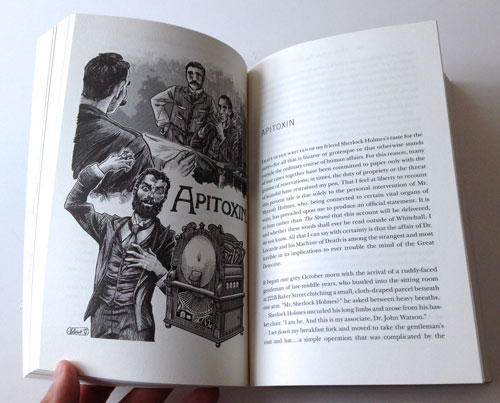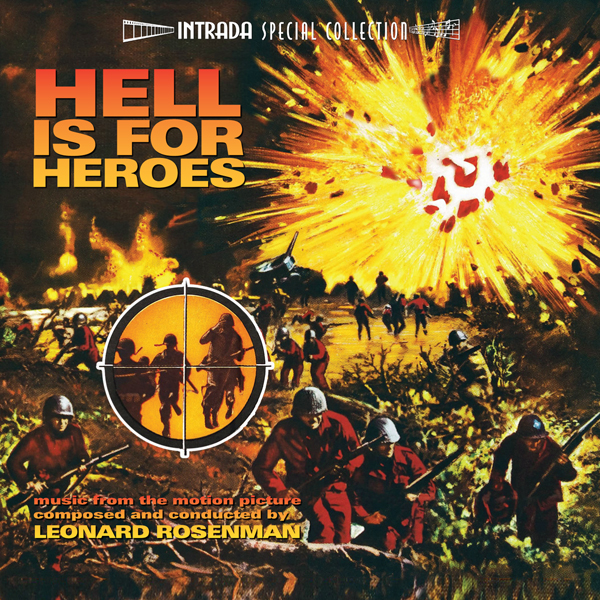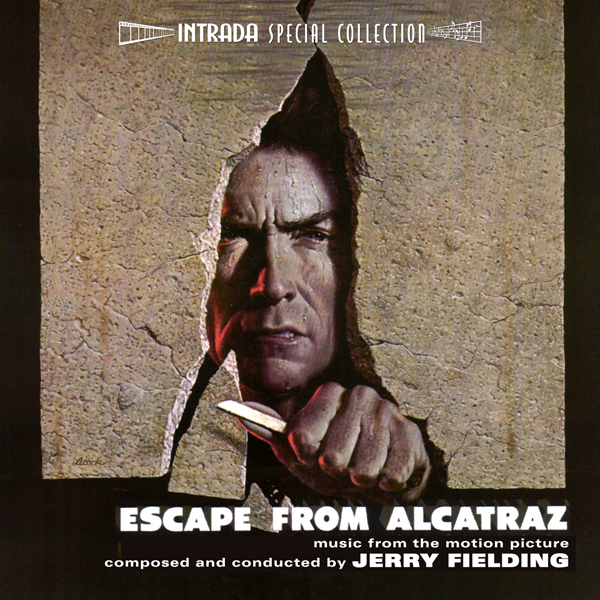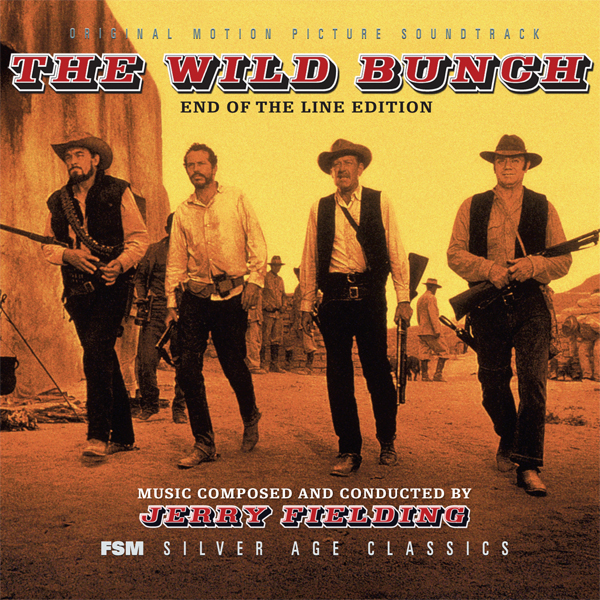Today marks the release of my short story "Apitoxin" as part of This Is How You Die, a speculative fiction anthology from editors Ryan North, Matthew Bennardo, and David Malki !. It is the sequel to the bestselling Machine of Death. The stories within these volumes are incredibly diverse, running the gamut from sober and philosophical to uproariously funny. All the stories share a common premise: the existence of a machine that, based on a simple blood test, can tell you how you will die. Not where ... not when ... simply how. The predictions never change, no matter how many times you take the test. And they always come true. The caveat is that the predictions may not mean what you assume they mean; they can be vague, or ironic. For example: "old age" could mean getting killed by an old person in some fashion, as Ryan North posits in the webcomic that kicked off the whole shebang.
The original Machine of Death was published independently a few years back, and was the #1 bestselling book on Amazon on the day of its release. That got a lot of attention, leading to This Is How You Die getting picked up by the Hachette Book Group division Grand Central Publishing (the same folks who publish Stephen Colbert's books, as it happens). We're unlikely to be #1 on Amazon this time around; sales will be spread out over many more retailers, such as Barnes & Noble and iTunes. Also, by ill fate, our competition this week turned out to be an obscure writer by the name of J. K. Rowling. But we're still shooting for the Moon! So far, the book has received glowing reviews from Publishers Weekly (who named it one of the Best Summer Reads of 2013), Kirkus Reviews, Library Journal and The A.V. Club. You can visit the official website to learn more, watch a Funny or Die promo video, and read about the campaign to get the book on the New York Times Bestseller List (which would be awesome, thanks very much).
I've had a chance to see the finished book now, and it's jam-packed with terrific stories, comics and artwork. My own story, "Apitoxin," is a tale of Sherlock Holmes and his encounter with the Machine of Death, and was brilliantly illustrated by Indigo Kelleigh. His drawings are inspired by the original Sherlock Holmes illustrations that Sidney Paget created for The Strand Magazine, and the results are simply spectacular! There will also be an audiobook released at some point. Needless to say, I'm incredibly excited to be part of such an amazing project!
Tuesday, July 16, 2013
Monday, March 11, 2013
Release Roundup: Winter 2012/2013
Time for another round of catch-up! As the sidebar shows, there have been a "bunch" (pun intended) of new CD releases for which I have written liner notes over the past several months. I've also been busy working as a co-producer on an upcoming release, which is a whole new experience for me—and part of the reason I've had so little time to devote to the blog! More on that in a few months. In the meantime, as the top graphic indicates, things have been getting wild!
First up, I'm very pleased to report my first two jobs for Quartet Records and its founder José M. Benítez. Based out of Spain (but catering to an international market), Quartet has been around for a while now, releasing many dozens of classic and current soundtracks—some reissues, others for the first time ever. Their growing prominence could not come at a better time, since the Film Score Monthly label has released its last production (more on that shortly). My first job for Quartet was for an expanded edition of Henry Mancini's score for Revenge of the Pink Panther (1978). This was the last of the Blake Edwards/Peter Sellers films to be made while Sellers was alive, and it's an outrageously fun entry in the series—with influences from disco to dixieland, and chock full of classic Mancini melodies. My second for Quartet is another Henry Mancini score, this time for the 1970 Vittorio De Sica film Sunflower (a.k.a. I Girasoli) starring Sophia Loren and Marcello Mastroianni. This one is definitely NOT a comedy, telling the story of an Italian woman who travels to Russia on a desperate search for her MIA husband in the aftermath of World War II. Although the film is not terribly well known in America, the score showcases some of the composer's most striking and beautiful melodies. It is also Quartet's 100th release, so I'm doubly honored to be involved.
On the Intrada front, this winter saw the release of an exciting double-feature premiere of scores for films by influential director Don Siegel—both inspired by true events. The first is a short score by composer Leonard Rosenman for the WWII film Hell is for Heroes (1962), which stars Steve McQueen as a brash, independent-minded private holding his squad together along an indefensible position on the Siegfried Line. Rosenman's score is angular and modern, in his characteristic style. It's short, but it packs a heck of a wallop—and it neatly foreshadows his work on the popular TV series Combat. Joining Rosenman on the same disc is Jerry Fielding's score for the prison-break classic Escape from Alcatraz (1979), which stars Clint Eastwood as ambitious lifer Frank Lee Morris. It's a fascinating entry in Fielding's filmography: a harsh and challenging work written in the style of musique concrète, which involves the electronic manipulation of both live instruments and sound effects. It's an utterly unique score, and a true testament to Fielding's brilliance.
Subscribe to:
Posts (Atom)








